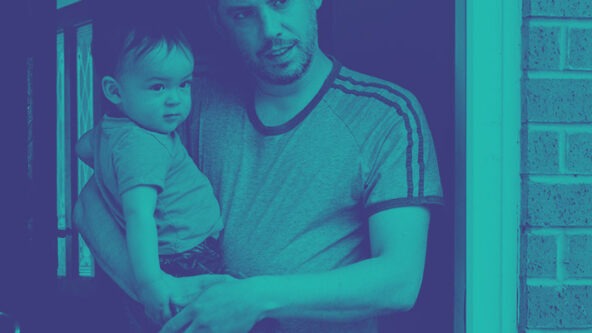Working collaboratively is a way in which you can reach solutions by meeting together supported by your own legal advisor. This means that you have on the spot support when you discuss matters in a meeting with your ex/former partner. Generally, collaborative meetings mean that you reduce the need for your solicitors to negotiate via correspondence, saving time and money, you remain in control of the decisions and any decisions you make can be recorded into a draft order at the conclusion of your meetings.
The key aspects of separation, including children and finances, are discussed in a fair and constructive way, face to face with each party having the support of their own individual specially accredited collaborative lawyer. The aim of the process is to find a resolution, which suits the needs of both parties and any children involved in the separation.
Collaborative law aims to minimise the emotional effects of separation in a calm, dignified and respectful manner without the need for Court Proceedings, at the pace of the parties involved.
Another bonus of working collaboratively is that many legal advisors will work collaboratively with associated professionals. The type of other professionals might include financial advisers/neutrals, family consultants/ coaches, barristers who can provide a neutral evaluation of your situation and arbitrators who can deal with providing a binding outcome if, and when you need it.
As part of working collaboratively, your legal advisers/solicitors will help you to design a service which will meet all your needs, ensures that you have the information, advice and support you need, when you need it and that helps you to reach an outcome cost effectively, efficiently and sensitively.
Involving other professionals
What is important is that you get the very best service that helps you to reach an outcome that works. It is possible to tailor who is involved and when they should be involved to ensure that you get the very best advice and support along the way. We can discuss with you when it might be helpful to involve another professional, what they can provide and how they can work as part of overall services to help you reach a solution.
How does collaborative law differ from mediation?
Collaborative law and mediation are both methods of “Alternative Dispute Resolution”, which aim to resolve the issues arising as a result of separation and divorce without the need for Court Proceedings.
The fundamental difference is that mediation involves the parties engaging in meetings with a trained mediator, who is impartial and there to assist them in resolving their disputes. The mediator will not give legal advice or favour either party. Each party would have access to legal advice away from the mediation sessions, however, would not have the support of a lawyer in the meetings themselves.
Collaborative law enables parties to discuss and agree how the financial matters and arrangements for children will be dealt with, moving forward at their own pace in face to face meetings in the presence of and with the support and guidance of specially accredited collaborative lawyers. If appropriate, any agreement reached, particularly in respect of financial matters can be made legally binding.
How can Eric Robinson help?
The collaborative process will not be suitable for every situation. For the process to work it needs similar minded people with a commitment to reaching an agreement that is fair and practical for the whole family; a willingness to disclose, fully and honestly, information about all assets; skilled, trained Legal advisors and other professionals who are practised in working in this way, and with a commitment to reaching a solution without going to court.
About the author
Belinda Hunter is a Chartered Legal Executive and one of the Collaborative Practitioners in Eric Robinson’s Family Department. Belinda’s areas of practice include all aspects of private family work, including financial proceedings and arrangements for children. She is based at the Winchester Office where she can be contacted on 01962 679414 or by email: [email protected].



